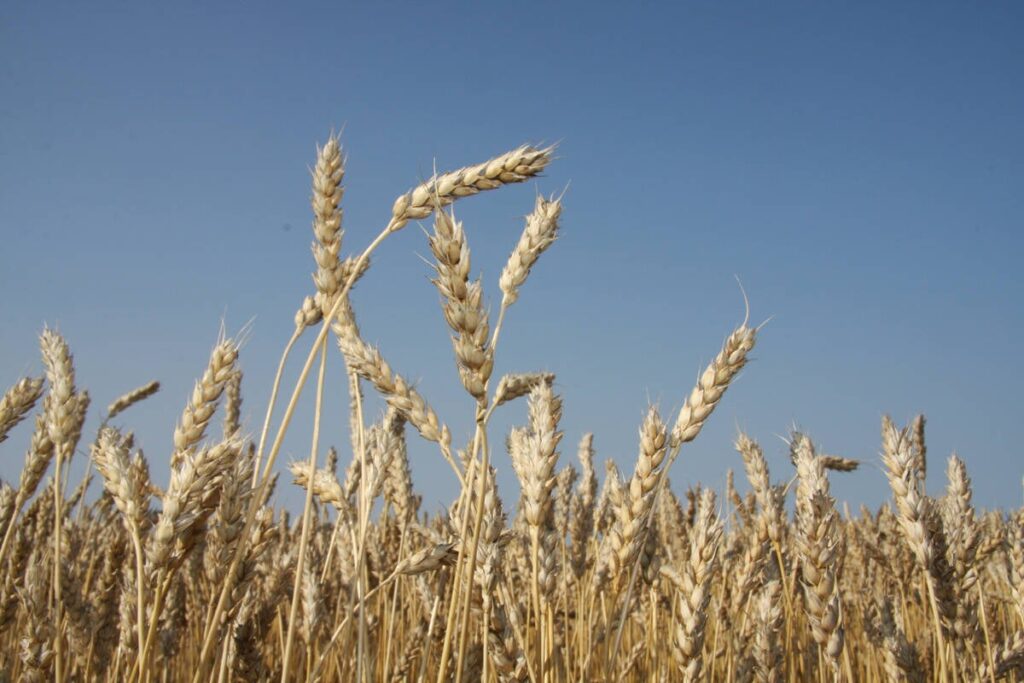Activists lie about Green Revolution’s success

In the past few years, many environmental and academic activists have been undermining the work of Norman Borlaug and the successes of the Green Revolution by publishing false information.
They ignore the fact that new wheat varieties developed by Borlaug saved millions of people from starving to death, especially in India.
Those varieties are revered to this day for “reversing the food shortages that haunted India and Pakistan in the 1960s.”
Read Also


Canadian agriculture technology companies mature and grow
I recently attended the Spark event put on by the Grand River Agricultural Society in Elora, Ont. I’ve got to know many of the company founders who were pitching for another $5,000 cheque at the event.
By lying to their audience and the public, these groups are ignoring that wheat yields in India more than doubled from 1967-72.
Borlaug was able to develop shorter, higher yielding wheat varieties that were rapidly adopted throughout many food insecure parts of the world.
Similarly, wheat production in Mexico dramatically increased between 1972-76.
These increases were the result not only of higher yielding varieties but also through improved understanding of the importance of fertilizer applications.
There’s no “new research,” as the activists claim.
The evidence is clear: the Green Revolution resulted in higher crop yields that contributed to preventing one billion deaths from starvation.
Borlaug made an amazing contribution to improving global food security. In 1970, he was awarded the Nobel Peace Prize for his work.
As I see it, activists who are opposed to the commercialization of specific innovative crop varieties are often in favour of small-scale organic crop production.
There is nothing wrong with this, but if the goal is to be high yielding or address specific crop needs, small-scale organic production is only able to produce more food by using more land.
In the early 1960s, at the start of the Green Revolution, crop yield increases were decoupled from increased land use.
Many academics and activists who aren’t connected with agricultural production romanticize historic food production practices, such as organic production, due to the lack of synthetic fertilizer and chemical input use.
For organic yields to feed the current population, they would need to be 30 per cent higher than conventional agriculture.
However, current organic yields average 30 per cent less than conventional agriculture.
Activists argue that the increased costs of improved seed, fertilizer and chemicals reduce farm incomes, but there is no evidence to support this.
Farmers are efficient business operators and would not continue to use technologies that reduce their profitability.
These activists are politically opposed to well-known safe, beneficial innovations that have significantly contributed to increasing crop production, such as genetically modified crops, which increased yields by 22 per cent from 1996-2013. Robust academic research for more than 20 years has confirmed that in every instance where a GM variety has been commercialized, yields have increased.
Activists prey on the lack of public knowledge about modern food production practices, such as chemical and fertilizer use or GM crops, attempting to discredit science and to foster heightened levels of society mistrust in science and innovation.
Environmentalists and academic activists have created a cyclical business model in which they knowingly spread false information to scare and mislead the public, which generates donations to their organizations, which are then used to lobby politicians and policy makers to ban higher yielding and environmentally sustainable GM crops.
The easiest way to ensure that more farmers are able to grow higher yielding crop varieties is to stop donations to environmental non-governmental organizations (ENGOs).
The leading international ENGOs have lengthy histories of advocating to prevent the commercialization of higher yielding crops, including Greenpeace, which has worked for 25 years to prevent the commercialization of a rice variety that contributes to reducing childhood blindness.
The deliberate spread of false and misleading information by ENGO activists is a significant threat to the ability to reduce global food insecurity.
Stopping the spread of false information is equally important to successful innovations.
Stuart Smyth is a professor in the University of Saskatchewan’s agricultural and resource economics department. This article first appeared on the SaiFood website. It has been edited for length.
Source: producer.com


